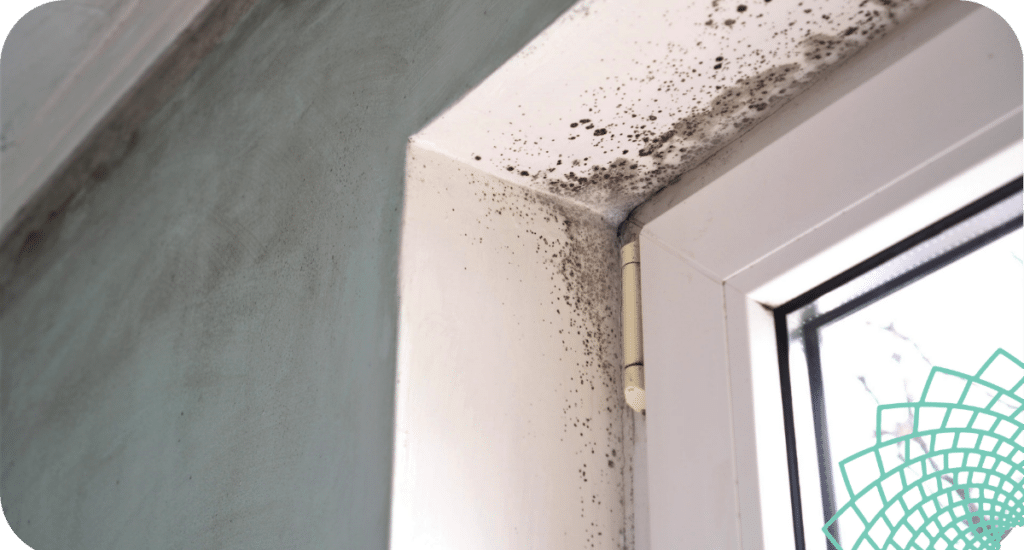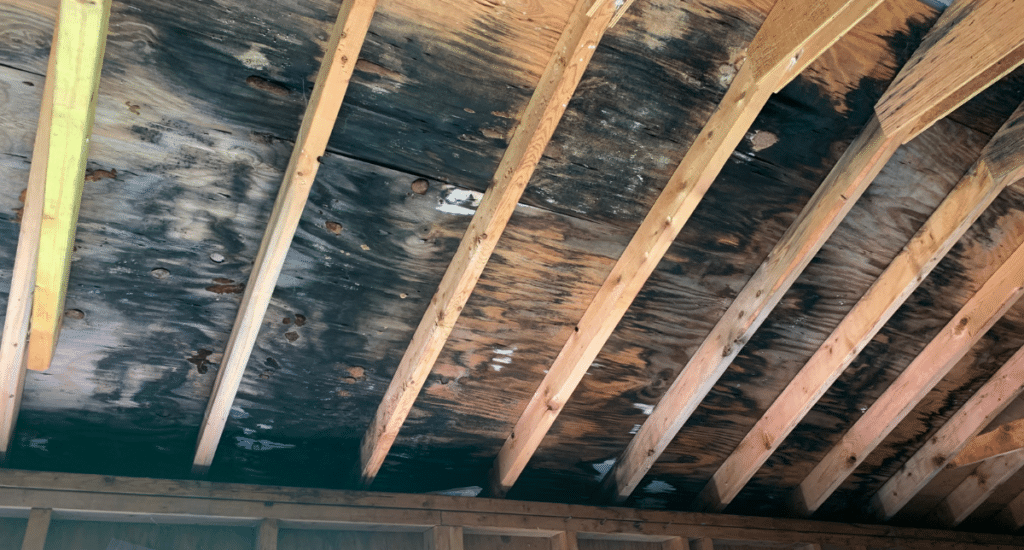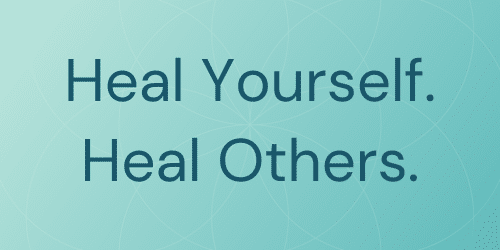“Mold toxicity can manifest in various ways, often mimicking other health conditions.”
Mold is a type of fungus that thrives in damp, warm environments. It can grow on various surfaces, including walls, ceilings, and even food. Mold releases spores into the air, which can be inhaled and cause health problems. Furthermore, prolonged exposure to mold can lead to a range of health issues, some of which may be severe. In this blog, we will explore the top 10 signs you might have mold toxicity and provide insights on how to address this hidden health threat.

Understanding Mycotoxins and Their Importance
Mycotoxins are toxic compounds produced by certain types of mold. These microscopic toxins can contaminate food, air, and surfaces, posing serious health risks when inhaled, ingested, or touched. Mycotoxins are incredibly resilient, often surviving food processing and cooking. Moreover, they can lead to various health issues, including respiratory problems, immune system suppression, and even neurological symptoms.
Identifying mycotoxins is crucial because they can silently impact your health. Hence, many people may not realize their symptoms are related to mycotoxin exposure. By recognizing the signs you might have mold toxicity and testing for these toxins, you can take steps to eliminate the source and detoxify your body. Early detection and intervention are key to preventing long-term health complications from mycotoxin exposure.
Common Sources of Mold Exposure

Mold thrives in environments with high moisture levels and poor ventilation. Many people are exposed to mold in their homes, workplaces, or schools without realizing it. Here are some common sources of mold exposure:
- Bathrooms
Bathrooms are a prime location for mold growth due to the constant humidity from showers and baths. Consequently, mold can develop on tiles, grout, walls, and ceilings if not properly ventilated. - Kitchens
Kitchens can harbor mold in areas with frequent water use, such as around sinks, refrigerators, and under cabinets. Moreover, leaky pipes or spills that aren’t promptly cleaned can create ideal conditions for mold. - Basements and Crawl Spaces
Basements and crawl spaces are often damp and poorly ventilated, making them hotspots for mold growth. In addition, leaks, flooding, and condensation can contribute to persistent moisture problems. - Attics
Poor ventilation in attics can lead to mold growth, especially if there are roof leaks or inadequate insulation. Mold can spread to other parts of the house if not addressed. - Workplaces and Schools
Mold can also be found in buildings with inadequate maintenance. Unfortunately, HVAC systems, plumbing leaks, and high humidity levels can contribute to mold issues in these environments. - Food
Food is another common source of mold exposure. In particular, mold can grow on coffee beans, cheese, dried fruits, and nuts if not stored properly. Consequently, consuming moldy food can introduce mycotoxins into your body, leading to health issues.
By understanding where mold is likely to grow, you can take proactive steps to prevent exposure and mitigate potential health risks.
Recognizing the Signs You Might Have Mold Toxicity

Mold toxicity can manifest in various ways, often mimicking other health conditions. Understanding and recognizing these signs is essential for addressing the root cause of your health issues. Here are ten signs you might have mold toxicity. If you experience any of these symptoms, it could be time to consider mold as a potential factor affecting your health.
1. Chronic Fatigue
Do you feel tired all the time, despite getting enough sleep? Mold exposure can lead to chronic fatigue. This continual exhaustion might be your body’s response to mold toxins.
2. Persistent Headaches as Signs You Might Have Mold Toxicity
Regular headaches, especially ones that worsen in certain environments, can indicate mold toxicity. Furthermore, the presence of mold in your home or workplace might be the culprit behind those constant headaches.
3. Respiratory Issues
Frequent coughing, wheezing, or shortness of breath are common signs you might have mold toxicity. In fact, mold spores can irritate your respiratory system, causing these troubling symptoms.
4. Sinus Congestion and Infections
Constant nasal congestion and recurring sinus infections can also be linked to mold exposure. Mold spores can inflame your nasal passages, leading to these constant issues.
5. Brain Fog and Memory Problems

Struggling with concentration, memory, or brain fog? Mold toxins can affect cognitive function, making it difficult to focus or remember things clearly.
6. Skin Rashes as Signs You Might Have Mold Toxicity
Unexplained rashes or skin irritation are common signs you might have mold toxicity. Moreover, mold exposure can lead to dermatological reactions, causing discomfort and itching.
7. Joint Pain
Experiencing unexplained joint pain? Sadly, mold toxins can cause inflammation in your joints, leading to chronic pain that doesn’t seem to have a clear cause.
8. Mood Swings and Anxiety
Mold toxicity can impact your mental health. If you’re dealing with mood swings, anxiety, or depression, mold exposure could be a contributing factor.
9. Digestive Issues
Frequent digestive problems, such as bloating, diarrhea, or nausea, are signs you might have mold toxicity. Unfortunately, mold toxins can disrupt your gut health, leading to these uncomfortable symptoms.
10. Immune System Dysfunction
Finally, a weakened immune system can result from mold exposure. If you find yourself frequently getting sick, mold toxicity could be compromising your immune defenses.
Testing for Mold in Your Body

To confirm if mold toxicity is affecting your health, consider taking a Mold Toxicity Test. This at-home test uses a urine sample to identify mold toxins in your system. Furthermore, knowing the exact toxins can guide your detoxification process. By pinpointing the specific mold toxins, you can tailor your detoxification strategy for more effective results.
Learn More About the Signs You Might Have Mold Toxicity with the IHP Level 3 Health Coaching Certification
At the Integrative Health Practitioner Institute, mold toxicity is extensively covered in the IHP Level 3 Health Coaching Certification. Additionally, students learn to recognize symptoms of mold exposure, interpret Mold Toxicity Test results, and develop effective detoxification protocols. This advanced training equips you to help others overcome mold-related health issues.
Take the Next Step to Uncovering Signs You Might Have Mold Toxicity
If you’re passionate about health and wellness, consider enrolling the IHP Level 3 Health Coaching Certification program. Schedule a call with an Admissions Counselor today to start your journey towards becoming an expert in mold toxicity and holistic health.
Recognizing the signs you might have mold toxicity is the first step toward better health. With the right knowledge and tools, you can help yourself and others lead healthier lives.
Addressing mold toxicity is one step toward optimal health, but it’s essential to consider other factors that impact your body’s detox pathways. The liver plays a critical role in processing toxins and supporting overall well-being. If you’ve noticed persistent fatigue, digestive discomfort, or other symptoms of toxin buildup, it might be time to explore liver detoxification.
Discover how to identify the signs of liver stress and effective ways to detoxify in our blog, “10 Signs You Might Need a Liver Detox.”
Empower yourself with knowledge and take the next step toward vibrant health!










